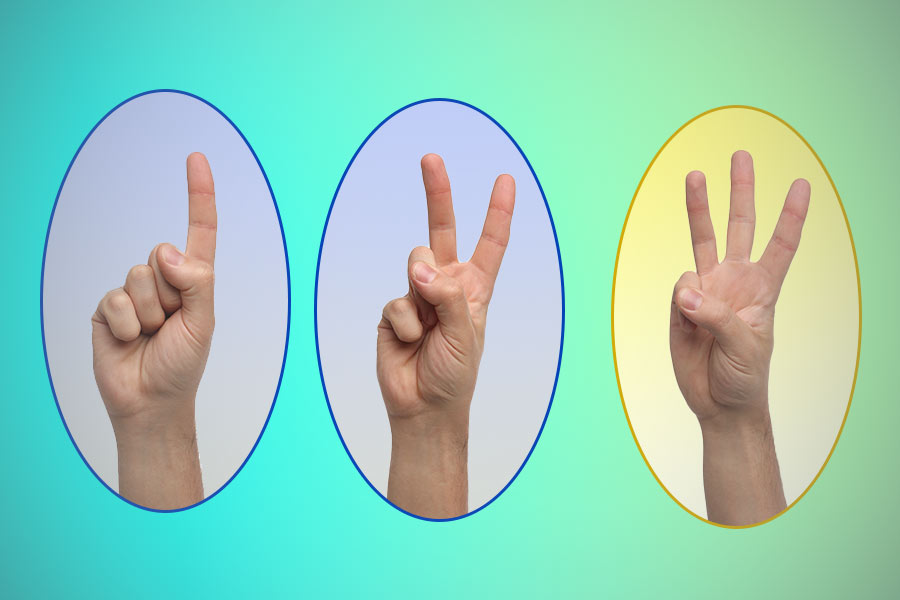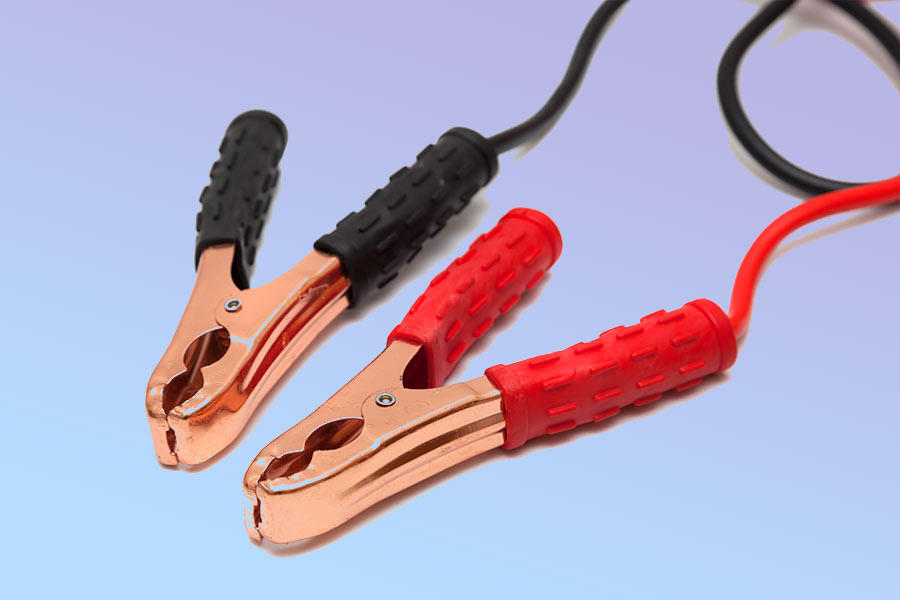
Encyclopedia search
The reverse scalpel is a way to get spects to do something without instructing them. It involves three components.
Repetition be useful, but when something repeats over and over and over and over and over again, it becomes an obstacle to progression. This is where the rule of three can help keep things moving forward.
Players play a scene in which they first say what they’re going to do, then they do it.
In medical dramas, there’s a classic scene in which a surgeon is about to operate. He holds out his hand, says “Scalpel,” and a nurse gives him a scalpel. This same approach can be used to get spects physically activated. It’s called, appropriately enough, the scalpel.
A scenario is like a set of monkey bars. It gives you something solid to hang onto while allowing room to play in the spaces between. Everything from a single-scene vignette to a multi-scene SimuLife uses a scenario as a script.
A scene is played in which the given context produces emotions so profound that words are not enough. The players engage deeply in the moment with each other, speaking no dialogue.
When a scene needs some extra juice, here are some things you can do to get it jumpstarted.
The Scene Timer is an app that tracks the duration of a scene and notifies players when the end of a scene is near. It’s much like the blinking red light that notifies stand-up comics when their set is almost done.
Play a scene while repeating a secret mantra inside your head. Here are some examples of mantras:







